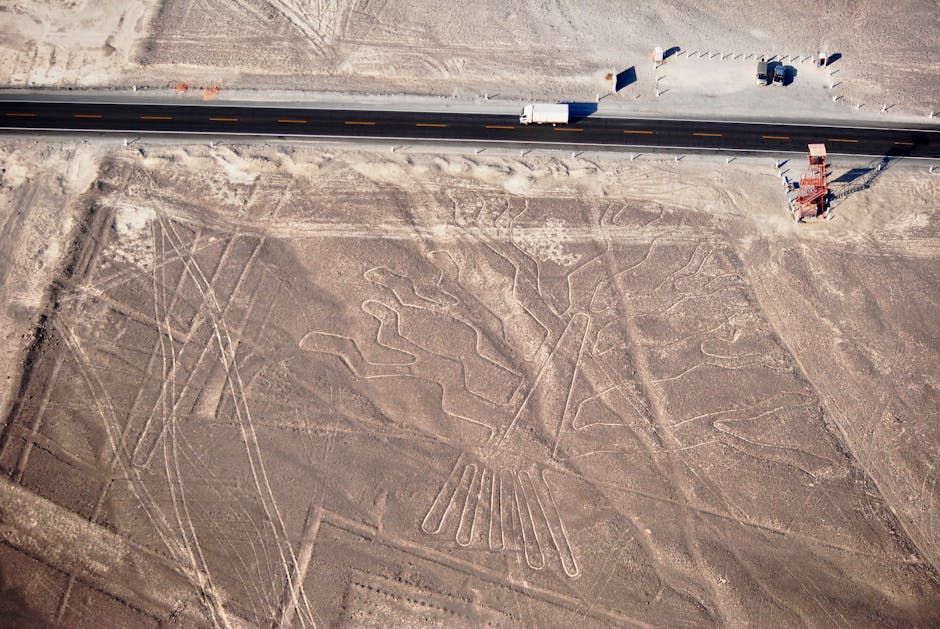The Role of Philadelphia in American History
Philadelphia, often referred to as the “City of Brotherly Love,” is more than just a cultural and economic hub on the East Coast of the United States. Its historical significance is unparalleled, making it a cornerstone in the narrative of American history. From its founding in the late 17th century to its pivotal role in the American Revolution, Philadelphia has been at the forefront of major events that shaped the nation.
The Founding of Philadelphia
Philadelphia was founded in 1682 by William Penn, an English Quaker who envisioned the city as a place of religious tolerance and diversity. Named after the Greek words for “brotherly love” (phileo) and “city” (adelphos), Philadelphia quickly grew into a thriving colonial city. By 1701, it had become the largest city in the American colonies and a major center for trade and commerce.
William Penn’s Vision
William Penn’s vision for Philadelphia was rooted in the principles of religious freedom and equality. He wanted the city to be a place where people of all faiths could live together in harmony. This vision attracted a diverse population, including Quakers, Mennonites, and other religious groups seeking refuge from persecution in Europe.
Philadelphia During the American Revolution
Philadelphia’s role in the American Revolution is perhaps its most significant contribution to American history. The city was the meeting place for the First and Second Continental Congresses, making it the epicenter of revolutionary activity.
The First Continental Congress
In 1774, representatives from twelve of the thirteen colonies met in Philadelphia to discuss their grievances against British rule. This meeting, known as the First Continental Congress, was a critical step toward American independence. The delegates agreed to boycott British goods and called for a second meeting if their demands were not met.
The Declaration of Independence
On July 4, 1776, the Second Continental Congress, also held in Philadelphia, adopted the Declaration of Independence. Drafted by Thomas Jefferson and signed by 56 delegates, this document marked the birth of the United States as an independent nation. The signing took place at the Pennsylvania State House, now known as Independence Hall.
The Constitutional Convention
Philadelphia continued to play a crucial role in the new nation’s development. In 1787, delegates from twelve states met in the city to draft the United States Constitution. Known as the Constitutional Convention, this gathering resulted in the creation of a new framework for the federal government. The Constitution was signed in Independence Hall, cementing Philadelphia’s place in American history.
Philadelphia as the Nation’s Capital
Before Washington, D.C., became the permanent capital of the United States, Philadelphia served as the temporary capital from 1790 to 1800. During this decade, the city was the center of political activity and decision-making.
The Residence Act
The Residence Act of 1790 designated Philadelphia as the temporary capital while a new federal city was being constructed along the Potomac River. President George Washington, Vice President John Adams, and other key figures resided in the city during this period.
Key Events and Developments
While serving as the capital, Philadelphia witnessed several important events, including the signing of the Bill of Rights in 1791 and the establishment of the United States Mint in 1792. The city also hosted the first sessions of the United States Congress, Supreme Court, and other federal institutions.
Philadelphia in the 19th and 20th Centuries
Philadelphia continued to grow and evolve in the 19th and 20th centuries. It became a major industrial center, known for its manufacturing and innovation. The city also played a significant role in the abolitionist movement and the fight for civil rights.
Industrial Revolution and Innovation
During the Industrial Revolution, Philadelphia emerged as a leading industrial city. It was home to numerous factories, mills, and shipyards. The city’s strategic location, extensive transportation networks, and skilled workforce contributed to its industrial success. Philadelphia was also known for its innovations in science and technology, including the development of the first computer, ENIAC, in 1946.
Civil Rights and Social Progress
Philadelphia has a rich history of activism and social progress. The city was a center for the abolitionist movement, with prominent figures like Lucretia Mott and Frederick Douglass advocating for the end of slavery. In the 20th century, Philadelphia played a key role in the civil rights movement, with activists like Cecil B. Moore fighting for equality and justice.
Philadelphia Today: A Living History
Today, Philadelphia is a vibrant city that celebrates its rich history while embracing modernity. The city is home to numerous historical sites, museums, and cultural institutions that preserve and share its storied past.
Historical Landmarks
Visitors to Philadelphia can explore a wealth of historical landmarks, including Independence Hall, the Liberty Bell, and the Benjamin Franklin Parkway. The city’s historic district offers a glimpse into the colonial era, with well-preserved buildings and cobblestone streets.
Cultural and Educational Institutions
Philadelphia is also known for its world-class cultural and educational institutions. The city is home to renowned museums such as the Philadelphia Museum of Art, the Franklin Institute, and the Penn Museum. Additionally, Philadelphia boasts prestigious universities like the University of Pennsylvania and Temple University, which contribute to its intellectual and cultural vibrancy.
Conclusion
Philadelphia’s role in American history is both profound and enduring. From its founding by William Penn to its pivotal moments in the American Revolution and beyond, the city has been a cornerstone of American identity and progress. Today, Philadelphia continues to honor its rich heritage while looking toward the future, making it a must-visit destination for anyone interested in the history and culture of the United States.
Whether you’re a history buff, a cultural enthusiast, or simply curious about the past, Philadelphia offers a wealth of experiences that will deepen your understanding of America’s journey. Plan your visit to this remarkable city and discover the many layers of its historical significance.
